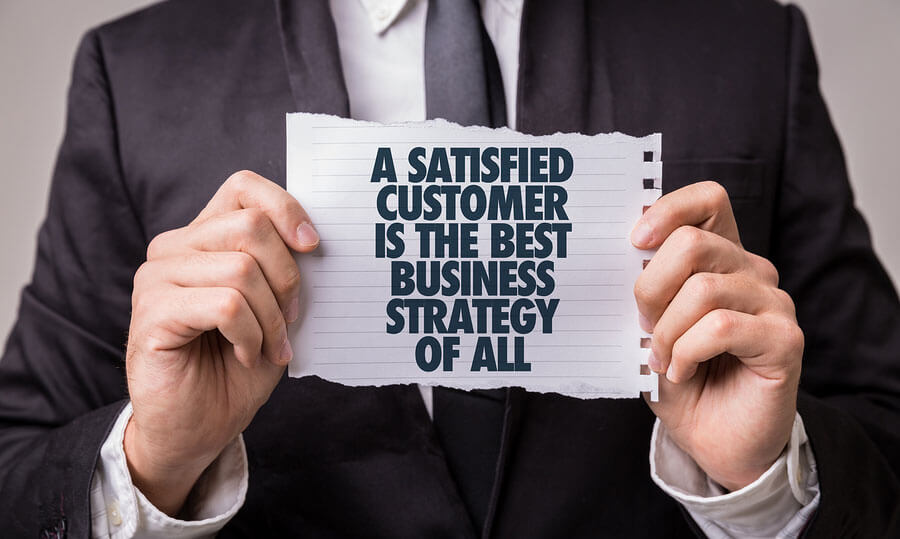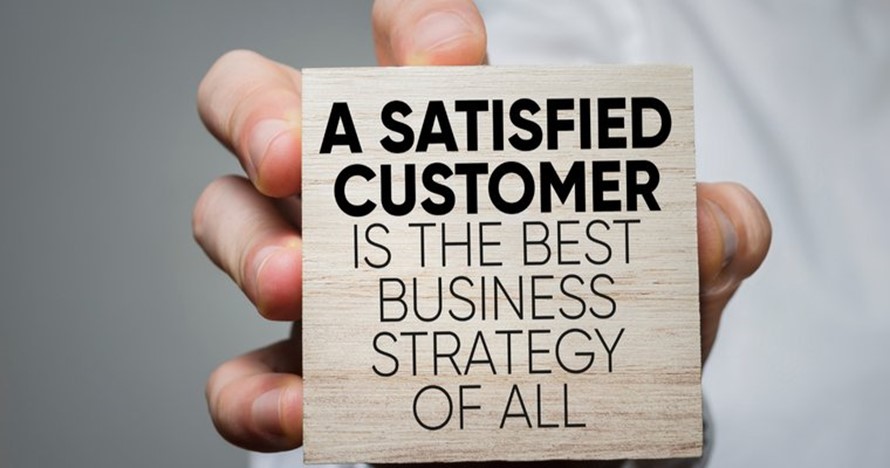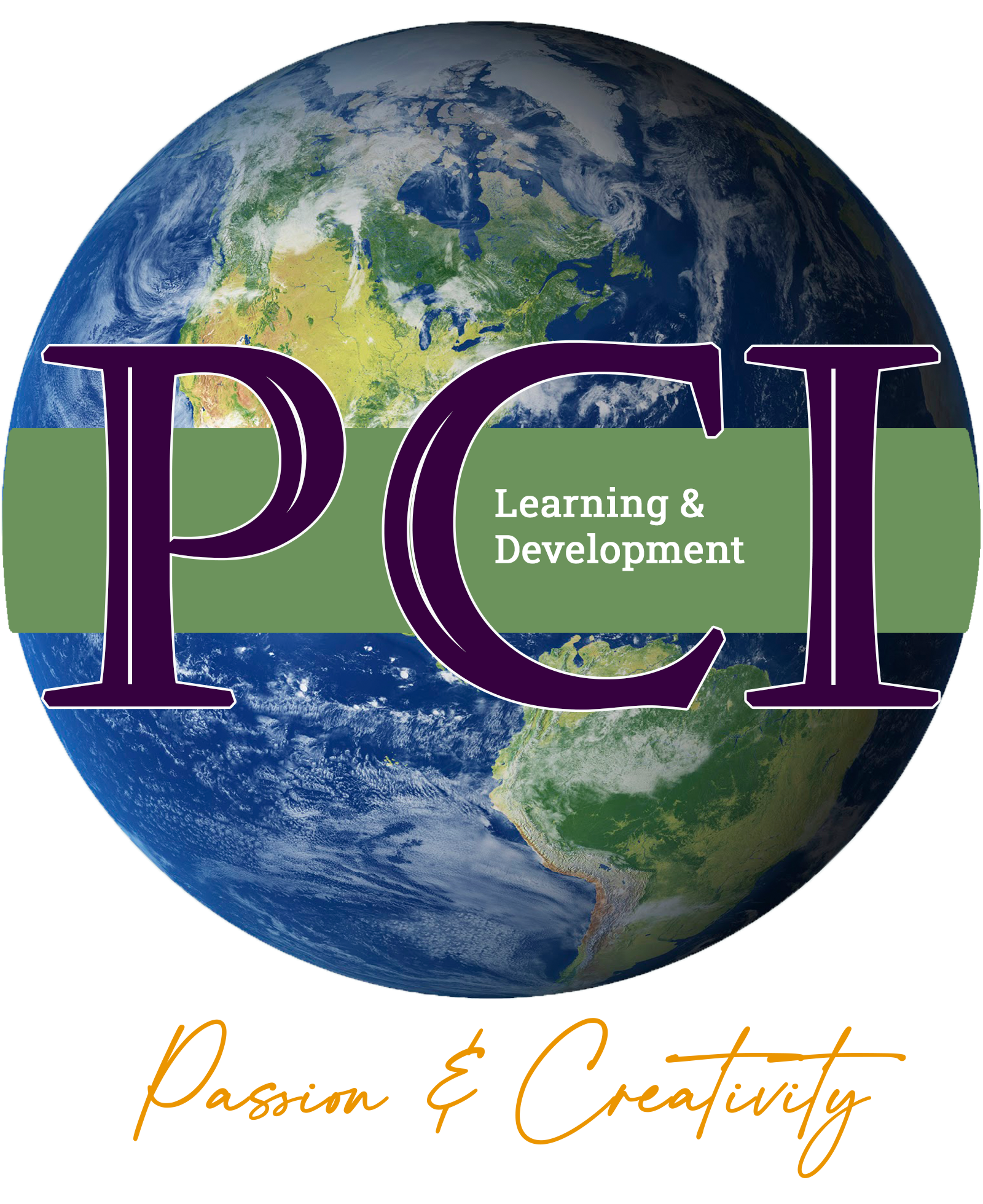Masterclass in Customer Service

Introduction:
The result of a successful business transaction is a satisfied customer. People do business with people, rather than companies. Everyone provides customer service, to either internal or external customers, and the aim should always be for the customer to be satisfied with the level of customer service experienced. Customers are significantly more likely to return if they are satisfied with the service they have received, and the exceptional communications verbal and non-verbal.
This 3-day program includes practical workshops and role play sessions so participants will gain both the theory and practical skills in how to make every interaction with customers a positive experience, both the customer and the staff member.
Objectives:
This training course aims to help participants achieve the following objectives:
- An overview of what ‘customer service excellence’ means to your customers
- Understand how Emotional Intelligence can give you a customer service edge
- Understand Value Chain, and how to enhance a customers journey
- Identify personal strengths and blind spots, and how they can impact your customers
- Learn how to make every interaction with customers a positive experience
- Learn how to motivate and maintain morale in front-line customer service and call center teams
- Turn customer complaints into opportunities to provide exceptional service
- Learn how to create rapport and build trust
- Learn, understand and practice techniques to communicate persuasively
- Develop Telephone Skills
- Understand that asking questions, and active listening are crucial skills and learn how to develop and practice these skills
- How to flex communication to match different personality types
- Develop non-verbal communication skills, including written communications
Target Audience:
- This course will be of benefit to:
- Section Heads & Middle Managers
- Customer Service Team Leaders
- Customer-facing Team Members
- Any Employee Who Deals Directly with Customers
Course Content:
Day 1:
A New Perspective in Defining Customer Service
- External vs. internal Customers
- What does ‘Customer Service Excellence’ mean to your internal customers
- Customer Service ethics and respect in the workplace
- Establishing and maintaining a positive attitude
- Responsibility in giving and receiving service in the workplace
- Customers, Customer Service and Service Quality defined
- Customer Service vs. Customer Satisfaction
Building Customer Partnerships
- The Customer Value Chain
- How can you prevent problems with difficult customers?
- Building and managing the customer relationship for continued partnerships
- Creating a climate of positive responsiveness
- Growing and nurturing service champions
- Responding effectively to different customer needs
- The importance of loyal customers and how to build and retain loyalty
- Customer Loyalty vs Customer Satisfaction
- FISH Philosophy
- Mystery Shopping Assessments – Forms of assessing service excellence
Service Etiquette: Making Great First Impression
- Meeting and Greeting – Introducing yourself and others
- Controlling Your Body Language and Understanding Others
- Minimizing nervousness
- Using business cards effectively
- Remembering names
- Shaking hands
- Role Plays Assessments
Practical workshops and role play activities to practice implementing the skills covered during the day

Day 2:
Implementing Ethics in the Workplace
- Benefit of Business Ethics in the workplace
- Guidelines for Managing Ethics in the Workplace
- Roles and Responsibilities
- Customer/Employee Rights
Service Mindset
- Changing the attitude to Service
- Customer Service best Practices
- Provide quality Customer Service using the 6 Be’s concept
- Proactive
- Transparent
- Positive
- Confident
- Accurate
- Accountable
Social Styles
- Assertive and Responsive
- Defining your style
- Analytical
- Driving
- Amiable
- Expressive
- Kinds of Customers
- How to deal with each kind of customers
Personality types
- Aggressive
- Passive
- Assertive
- Assertiveness: Positioning for Acceptance
Relationship Lifecycle
- The 6 phases of Relationship lifecycle
- KYC; Know your:
- Customers
- Culture
- Country
- Colleagues
- Company
- Competitors
- Building Trust
- Role Plays Assessments
- Emotional Intelligence
Service Excellence Recovery
- Lifetime value of a client
- Benefits of complaints, Complaint Statistics and why are complaints positive?
- E.A.T Technique in handling Complaints
- Steps to win back a disappointed or an Angry Customer (B.L.A.S.T/ A.D.I.O.S)
- A.L.M Technique in Conflict Management
- Handle feedback and criticism constructively
Service Culture
- Define Culture & Service Culture
- Cross Functional Relationships
- Building a Service Charter
Day 3:
Telephone Fundamentals
- Being prepared
- Active listening skills
- Voice projection, tone of voice and clear pronunciation
- Getting off to a good start – answering as per standard
- Ending professionally
- Words and statements to avoid
Communication Excellence
- Defining Communication and its Importance
- Effective and Ineffective Communication
- Different types of Communication
- Verbal Communication
- Non-verbal Communication
- Business English Writing
- Email Communication
Communication Protocols
- Face to Face effective Communication
- Phone Effective Communication
- Role Plays
Mis-Communication
- Causes of Miscommunication
- Results of Miscommunication
Communication Basics
- Using Language & Meaning
- Communication Barriers
- Persuasion Skills
Building a rapport through Communication
- Assessing your Communication Skills?! Development plan of Communication Skills
- Positive Communication
Personality types
- Aggressive
- Passive
- Assertive
- Assertiveness: Positioning for Acceptance
Listening
- Listening vs. Hearing
- Types of Listening
- Combative Listening
- Attentive Listening
- Active Listening
- Listen
- Acknowledge
- Explore
- Respond
Questioning Types & Technique
- The importance of asking Questions
- Types of Question
- Closed Ended Questions
- Open Ended Questions
- Probing technique
- Clarifying
- Getting Information
- Confirming
Practical workshops and role play activities to practice implementing the skills covered during the day
